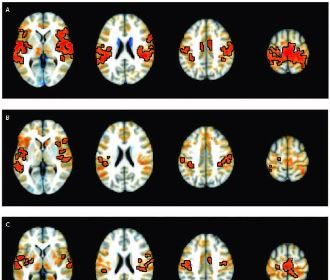Experimental Drug Appears to Slow Down Alzheimer’s Disease

An experimental drug that removes a substance called amyloid — a toxic protein — from the brain appears to slow down Alzheimer’s disease.
The drug, lecanemab, reduced the rate of cognitive decline by 27% in a study of nearly 1,800 people in the early stages of Alzheimer’s, scientists reported at the Clinical Trials on Alzheimer’s Disease meeting in San Francisco, California, on Tuesday.
The study was also published in this week’s edition of The New England Journal of Medicine.
According to Dr. Christopher van Dyck, who directs the Yale Alzheimer’s Disease Research Center and presented an overview of the study at the meeting, patients who got infusions of lecanemab scored about half a point better on a zero-to-18-point scale of mental functioning, a slight but statistically significant difference.
Lecanemab is expected to win preliminary approval from the Food and Drug Administration in January 2023, based on its ability to reduce amyloid.
But questions about the drug remain. The drug appears to have caused serious side effects like brain swelling and bleeding in more than one in five people who took the medicine, compared to 10% of those who received a placebo.
Nevertheless, the Alzheimer’s Association called for approval of the medicine, saying it will allow patients more time to live independently and participate in daily life.
“It could mean many months more of recognizing their spouse, children and grandchildren,” the group said in a statement. “Treatments that deliver tangible benefits to those living with mild cognitive impairment due to Alzheimer’s and early Alzheimer’s dementia are as valuable as treatments that extend the lives of those with other terminal diseases.”
























